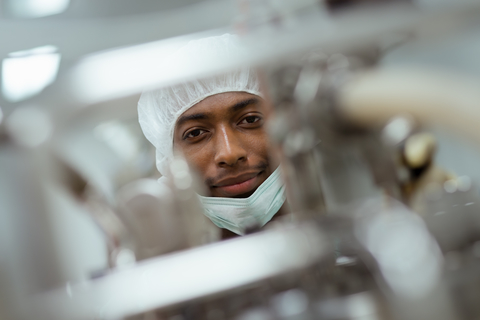The dementia ward where you can enjoy an evening pint

Abetawe Bro Morgannwg University Health Board says the Derwen Arms has its own pool table and dart board. And while the beer is strictly non-alcoholic and the darts are made out of plastic, that hasn’t stopped the pub from being a hit with its customers.
It is located within Derwen Ward, a twenty bed unit in Swansea’s Cefn Coed Hospital for men with a diagnosis of dementia. It has proved hugely popular since its official opening late last year, when former Welsh rugby international Huw Bennett was among the guests. Despite its location in an all male assessment unit, the men are often joined by their wives for a social evening.
Ward manager Kath Protheroe and clinical lead Dawn Griffin came up with the idea and said all the staff on the ward had embraced it.
Dawn Griffin said “In the evenings some of our gentlemen can get unsettled and agitated. They think they’ve finished their shift for the day and they are of the generation where they would go to the pub for a pint with their friends after work. We thought – what better way to help them than to get a pub on the ward?”
She said the Derwen Arms had been set up like a pub lounge, with tables and chairs and authentic touches such as beer mats. She said “It’s about trying to normalise things they were doing before they came into hospital. The reaction has been huge. They’re socialising well. They have a day area and they use it, but they often ask us when the pub is opening. They can take their relatives and friends there for a pint when they visit. We’re also having a Valentine’s Day fish and chip supper for them and their wives.”
There is money available for stock out of the ward’s rehabilitation budget but the ward manager, staff and relatives also make donations, as does another ward on the hospital site that makes use of the Derwen Arms.
Kath Protheroe said “Even in these early days the Derwen Arms has had a huge impact on the service we are able to provide. There is evidence that the quality of care and patient engagement have improved, and pharmacological intervention has reduced as a result of this initiative. We would like to express our thanks to all ward staff for embracing the improvement for the benefit of our patients, and service managers for supporting us every step of the way. Thanks also to friends, families and colleagues for their kind donations. We couldn’t have achieved this without them.”








